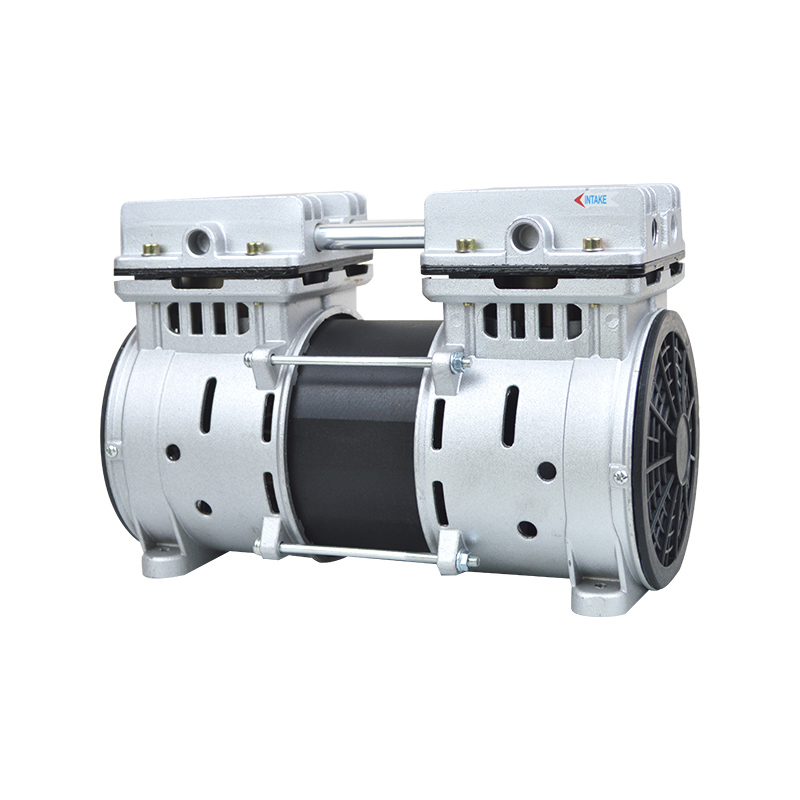What Is a Vacuum Pump and Why Does It Matter in So Many Industries?
2025-06-17
When you think of advanced machinery or clean manufacturing environments, a vacuum pump might not be the first thing that comes to mind. But behind the scenes, this powerful tool plays a critical role in everything from laboratories and hospitals to food packaging and industrial processes.
So what exactly is a vacuum pump, and why is it so important? Let’s explore.

What Is a Vacuum Pump?
A vacuum pump is a device that removes gas or air molecules from a sealed space to create a vacuum (a space with lower pressure than the surrounding atmosphere). This vacuum can then be used for various purposes, including suction, pressure control, or creating a sterile environment.
Vacuum pumps come in many types and sizes, depending on their application. Some common types include:
Rotary vane pumps
Diaphragm pumps
Scroll pumps
Liquid ring pumps
Turbomolecular pumps
What Are Vacuum Pumps Used For?
Vacuum pumps are incredibly versatile and used across many industries, including:
1. Medical and Healthcare
Used in suction machines, sterilization systems, and operating rooms to maintain clean, controlled environments.
2. Automotive and Aerospace
Essential for brake boosters, fuel systems, and engine testing. Also used in composite manufacturing and wind tunnel simulations.
3. Food and Beverage
Vacuum pumps help preserve freshness in food packaging by removing air, preventing oxidation and bacteria growth.
4. Electronics and Semiconductors
Used to create ultra-clean environments for chip production and electronics testing.
5. Scientific Research and Labs
Used in freeze drying, vacuum filtration, distillation, and creating controlled atmospheres for experiments.
6. Industrial Manufacturing
From vacuum forming plastics to degassing molten metal, vacuum pumps help in many production steps.
Benefits of Using a Vacuum Pump
Improved Efficiency: Many industrial processes run faster and more reliably in a vacuum environment.
Enhanced Safety: Removing air can prevent combustion or contamination.
Product Quality: Especially in packaging and electronics, vacuum control leads to better product consistency.
Environmental Control: Crucial in cleanrooms and sterile environments.
Choosing the Right Vacuum Pump
When selecting a vacuum pump, consider these factors:
Required vacuum level: Rough, medium, or high vacuum?
Type of gases or vapors involved
Volume and flow rate
Continuous vs. intermittent use
Maintenance and noise level
Also, always check whether the pump materials are compatible with the substances you’ll be working with.
Maintenance Tips
Check oil levels (for oil-sealed pumps) regularly
Replace filters and seals as needed
Avoid overloading the pump
Keep it clean and dry for optimal performance
Proper care ensures your vacuum pump delivers consistent results and lasts longer.
Final Thoughts
Whether you're in high-tech manufacturing, running a laboratory, or simply sealing food products, the vacuum pump is an unsung hero. It helps create clean, efficient, and precise working environments in ways most people don’t even realize.
Looking to upgrade or invest in a new vacuum pump? Make sure to match the pump type to your application needs—and partner with a reliable supplier to ensure top performance.


